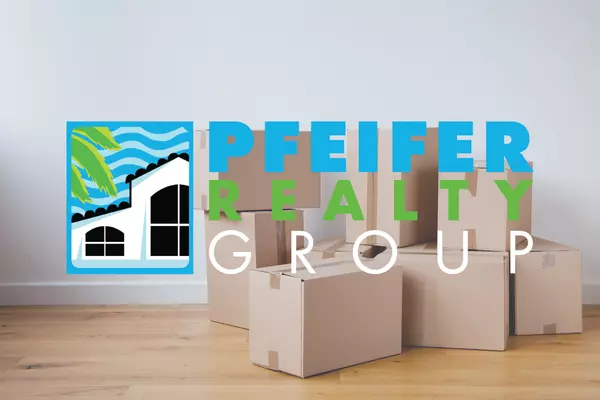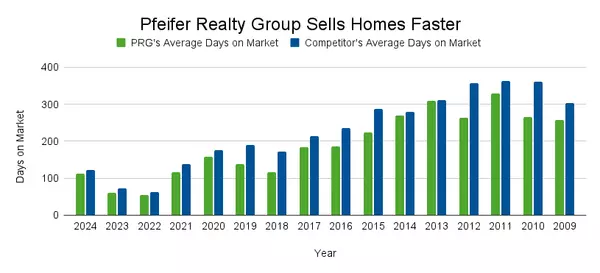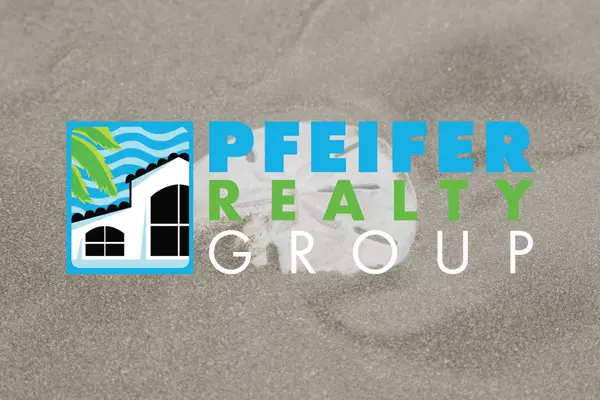
New Florida Law Strengthens Protections Against Moving Scams
New Florida Law Strengthens Protections Against Moving Scams As Florida's population continues to grow, the state has implemented a new law designed to protect consumers from fraudulent moving practices. Effective July 1, this law requires all movers and moving brokers to register with the state, en
Read More

Understanding Your Southwest Florida TRIM Notice: A Homeowner's Guide (Lee & Collier Counties)
Every August, Lee and Collier counties in Southwest Florida send homeowners TRIM (Truth in Millage) notices. Understanding this document is crucial to managing your property tax bill. It provides valuable insights into your property's assessed value and tax obligations. What is a TRIM Notice? A TRIM
Read More

Why Work with Pfeifer Realty Group: Efficiency Produces Results
We've helped 227 families find their next chapter this year. When you're ready, we're here. Why Work with Pfeifer Realty Group? When it comes to buying or selling your home, choosing the right real estate partner can make all the difference. Pfeifer Realty Group has established itself as the leadi
Read More

Understanding the 80% Rule in Homeowners Insurance
What Is the 80% Rule in Homeowners Insurance? As a buyer, understanding the details of your future home's insurance requirements can help you avoid unexpected costs, and one important concept to know is the 80% rule in property insurance. What Is the 80% Rule? The 80% rule refers to how much insuran
Read More

Sanibel Solutions: A Community-Driven Approach to Recovery
In the wake of Hurricane Ian, the Sanibel community has shown remarkable determination to rebuild with purpose and resilience. One of the most promising efforts to emerge from this journey is Sanibel Solutions, a coalition formed in 2025 to accelerate the island’s recovery through data, transparency
Read More

Storm Preparation Guide for Sanibel & Southwest Florida
Storm Preparation Guide for Sanibel & Southwest Florida Hurricane season officially begins on June 1, but preparation should begin long before a storm is on the radar. At Pfeifer Realty Group, we believe that being proactive can minimize stress, maximize safety, and ensure you’re ready, no matter wh
Read More

Pfeifer Realty On-going Community Service
Pfeifer Realty Group: A Legacy of Giving Back Realtors sell real estate… sounds simple… but it's so much more. At Pfeifer Realty Group, we believe real estate is about more than just buying and selling property. It’s about being part of something greater—a neighborhood, a community, and a shared com
Read More

Pfeifer's Fifth Open House Parade
Pfeifer's Fifth Open House ParadeApril 13th, 2025 | 11 AM - 2 PM Back by popular demand, Pfeifer Realty Group is hosting another Open House Parade on Sunday, April 13th, from 11 AM to 2 PM. This is a great opportunity to tour multiple homes in one day and explore a variety of properties available in
Read More

Sanibel Island – A Story of Resilience & Renewal
Sanibel Island has always been a place where time slows, nature flourishes, and unforgettable memories are created. Generations of visitors have been drawn to its serene beauty, from its unspoiled beaches to its vibrant wildlife. But beyond its scenic charm, Sanibel has proven to be a symbol of resi
Read More

Sanibel & Captiva Inventory: More Than Meets the Eye
The number of properties for sale on Sanibel and Captiva isn’t a mystery. It’s a story written over time, and the data tells it best. We often hear statements like, "there sure are a lot of homes for sale on Sanibel and Captiva," or conversely, "the inventory is so low that there aren't enough homes
Read More

Pfeifer's Fourth Open House Parade
Pfeifer's Fourth Open House ParadeMarch 16th, 2025 | 11 AM - 2 PM Back by popular demand, Pfeifer Realty Group is hosting another Open House Parade on Sunday, March 16th, from 11 AM to 2 PM. This is a great opportunity to tour multiple homes in one day and explore a variety of properties available i
Read More

Pfeifer's 2024 Top Producers
Pfeifer Realty Group's 2024 Top Producers – Celebrating Excellence in Real Estate As we wrap up another successful year, we’re proud to recognize the agents who consistently delivered outstanding results. Their dedication, expertise, and commitment to exceptional service have set them apart. 2
Read More

Trusted Vendor List
The Pfeifer Team’s Trusted Vendor List At Pfeifer Realty Group, we understand that buying or selling a home involves much more than just real estate transactions. That’s why we maintain a comprehensive in-house list of trusted service providers to assist with various needs, from window cleaning to h
Read More

Lee County's Economic Growth & Development: A Look Ahead
The Pfeifer Team had the opportunity to meet with Lee County Economic Development Director John Talmage in Q4 2023 to discuss the county’s rapid expansion. With Fort Myers ranked as the fastest-growing city in the U.S. and Cape Coral attracting hybrid workers, Lee County is in the midst of a transfo
Read More

Florida Homestead Exemption and Save our Homes Benefits
Homestead Exemptions Whether you are interested in looking for Sanibel beachfront homes for sale, or a Captiva Island condominiums for sale, or any permanent home in Florida, it's important that you understand Florida's homestead exemption and Save Our Homes restriction of tax assessment increases a
Read More
Categories
Recent Posts










